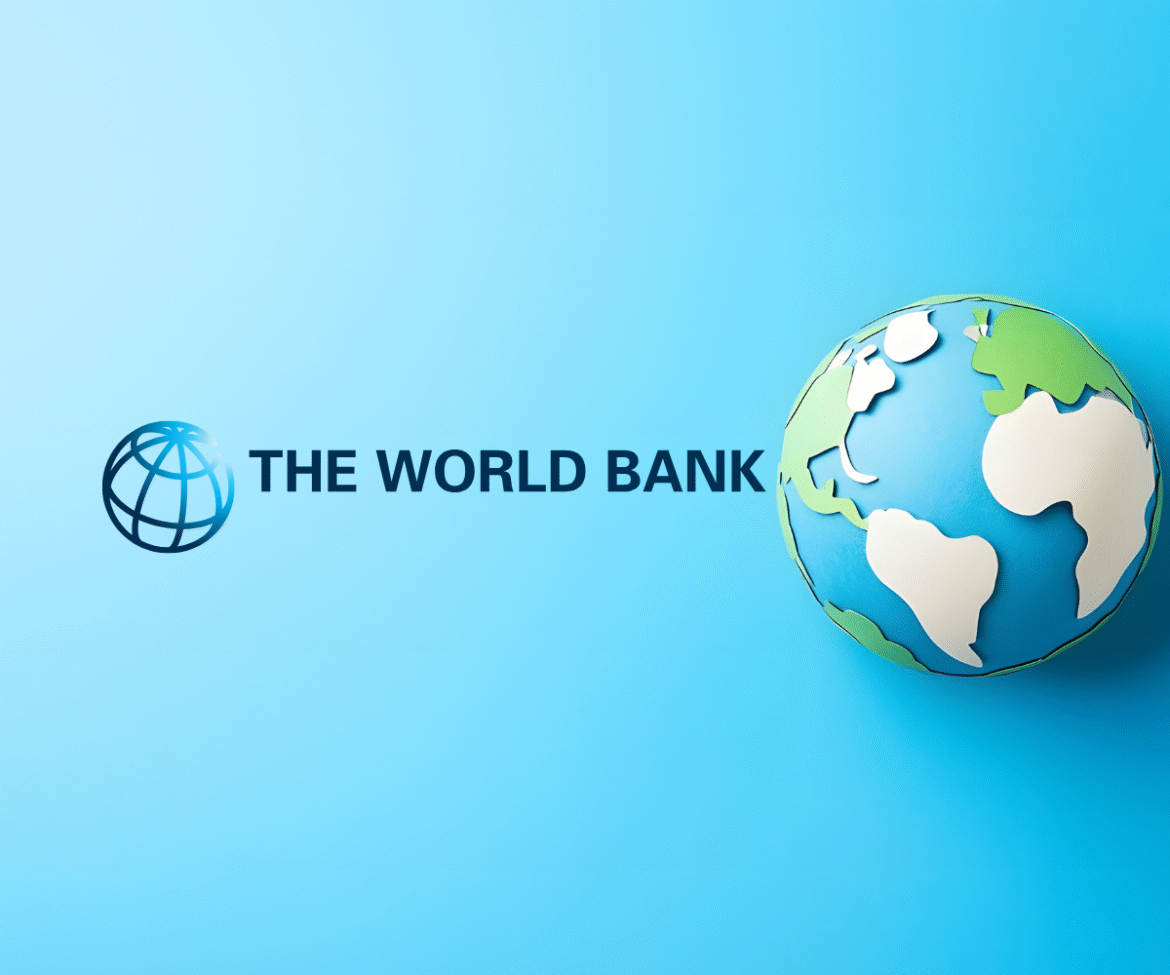The World Bank has called on Bangladesh to implement bold and urgent economic reforms to ensure sustainable and inclusive growth in the years ahead. As the country aspires to become an upper-middle-income economy by 2031, addressing structural challenges has become more pressing than ever. In a recent update, the World Bank emphasized that while Bangladesh has made significant strides in poverty reduction and development over the past decades, its current growth momentum is facing headwinds. Slower export growth, declining productivity, and fiscal pressures are creating hurdles that must be tackled decisively. One of the key recommendations is strengthening the business environment. Simplifying regulations, reducing barriers to entry for small and medium enterprises, and enhancing the efficiency of public institutions can make Bangladesh a more competitive destination for both local and foreign investors. Encouraging private sector participation, especially in infrastructure and service delivery, could also fuel long-term growth. The World Bank also pointed out the urgent need for financial sector reforms. Improving the governance and performance of banks, increasing transparency, and enhancing access to credit—particularly for small businesses and rural enterprises—are essential steps toward building a more inclusive financial system. Another critical area is human capital development. Despite progress in education and health, Bangladesh still faces skills gaps that limit productivity and innovation. Investing in quality education, vocational training, and healthcare will empower the next generation of workers and entrepreneurs to drive growth in an evolving economy. Moreover, reforming tax policy and improving revenue collection are crucial for expanding the country’s fiscal space. These changes would enable the government to invest more in infrastructure, social protection, and climate resilience—three pillars that are vital for inclusive and sustainable development. Digital transformation is also highlighted as a strategic opportunity. By embracing digital public services, e-governance, and technology-driven innovation, Bangladesh can reduce inefficiencies, enhance transparency, and improve public service delivery across sectors. The World Bank stressed that these reforms must be implemented with urgency and consistency to overcome global economic uncertainties and domestic constraints. By doing so, Bangladesh can preserve its development gains and continue progressing toward a more equitable and prosperous future. As the country faces a changing economic landscape, bold policy action today can ensure that growth benefits all segments of society—especially the youth, women, and underserved communities who are central to the nation’s future.
World Bank Highlights Urgent Reforms to Accelerate Inclusive Growth in Bangladesh
42


